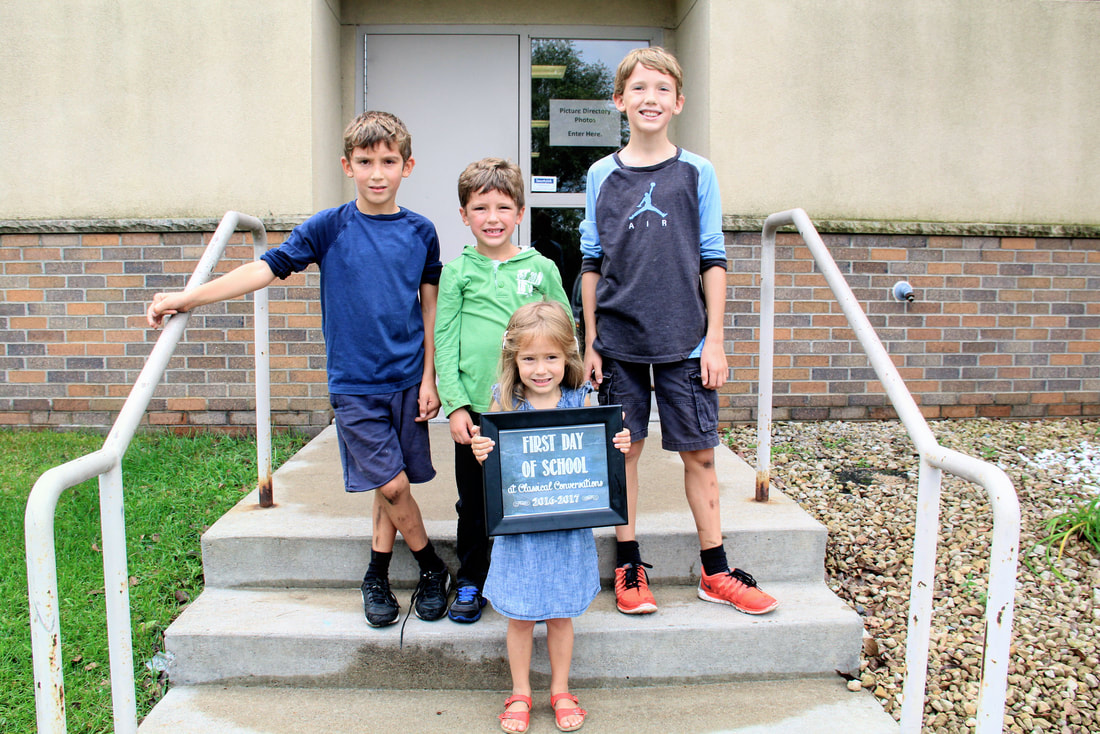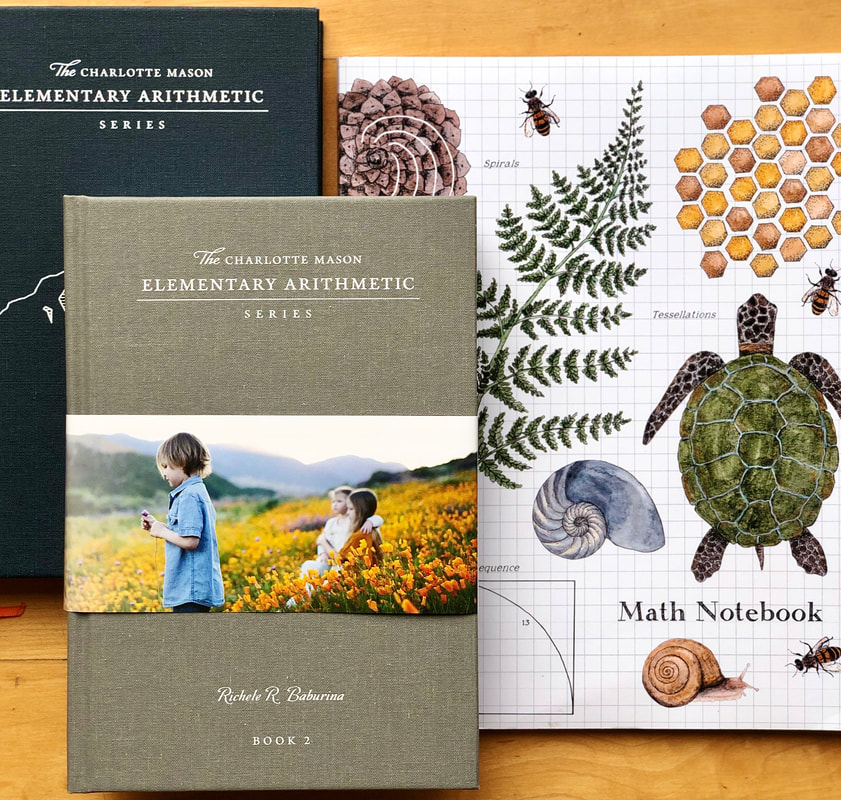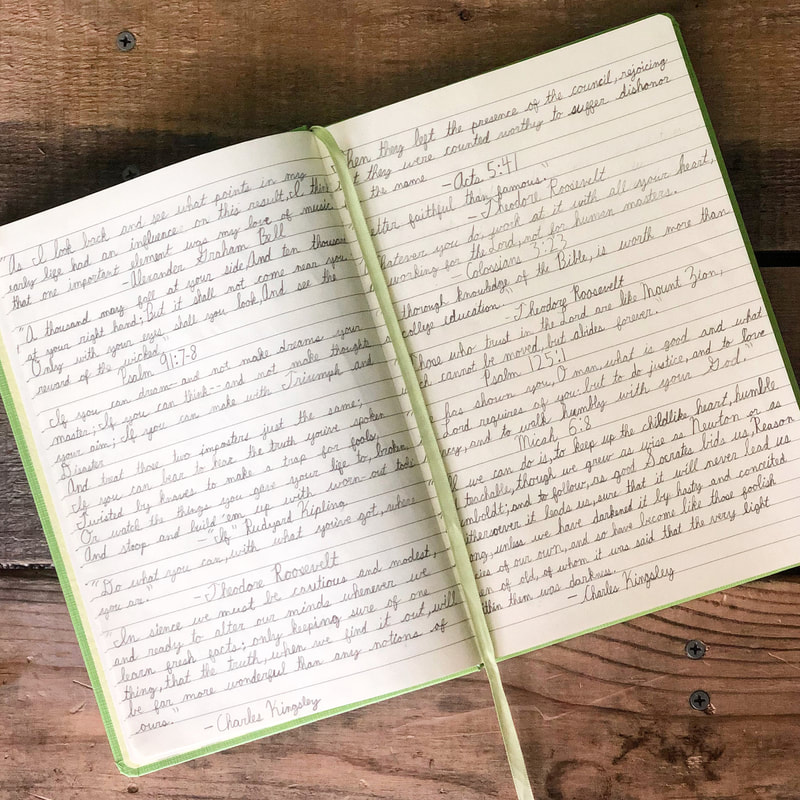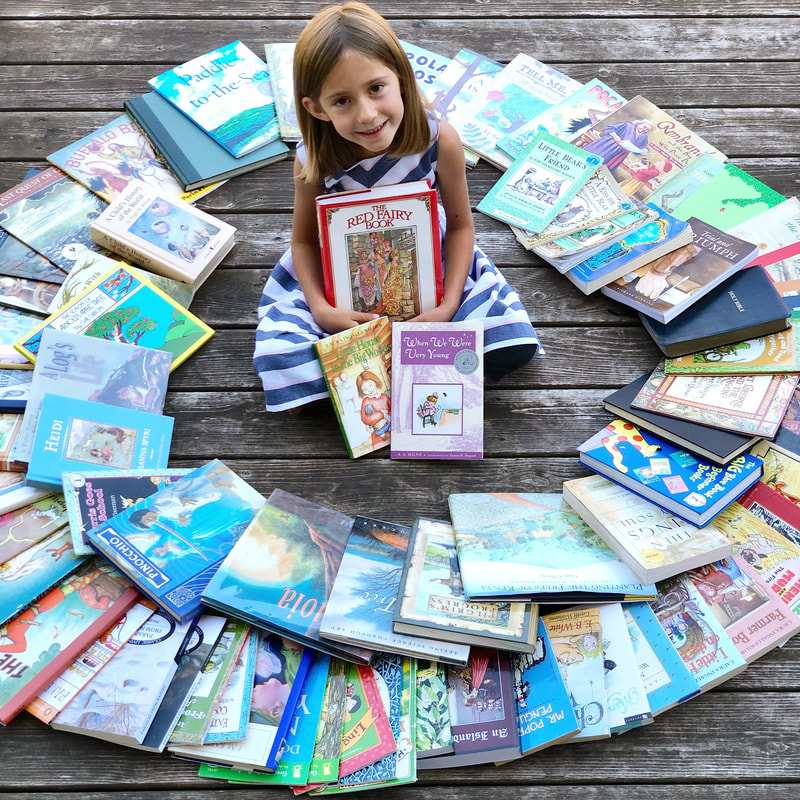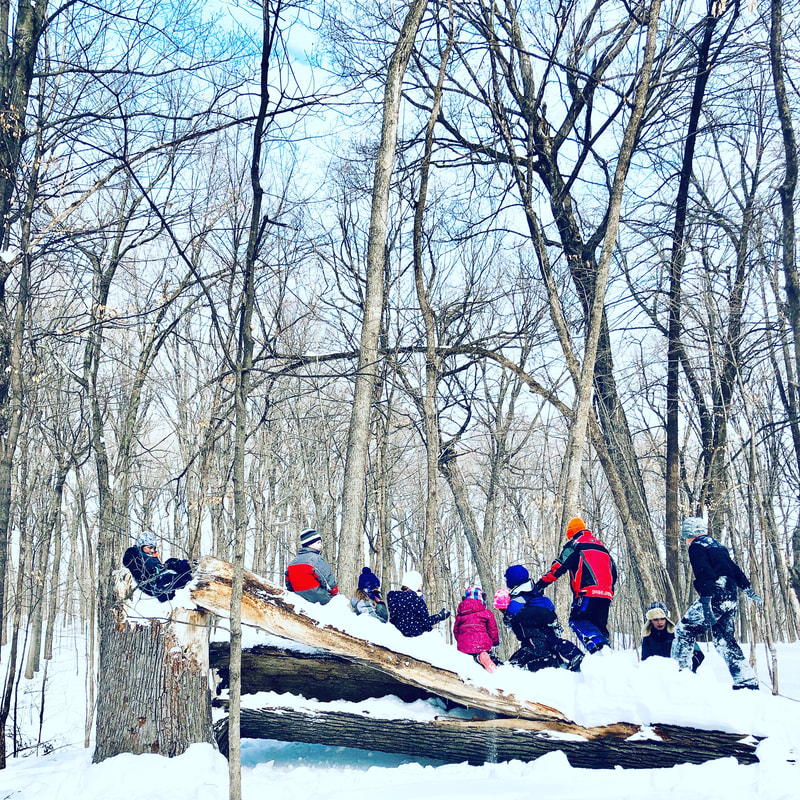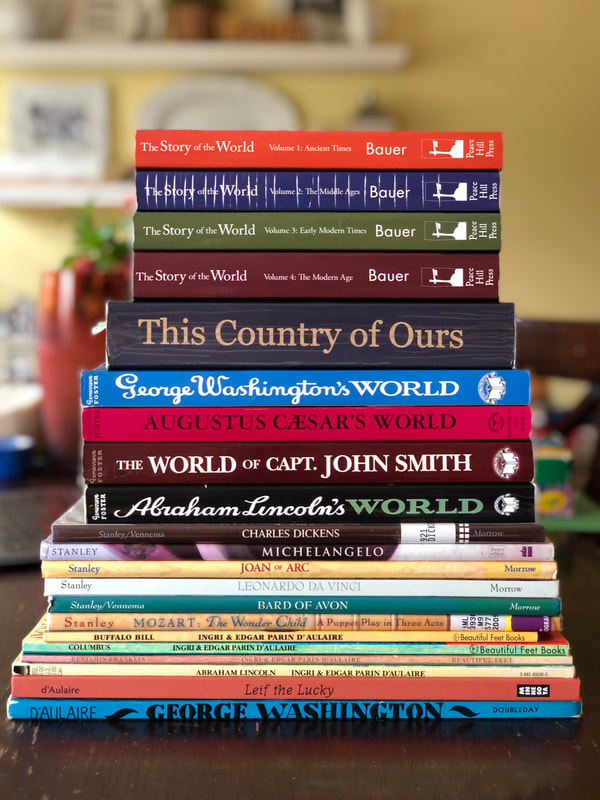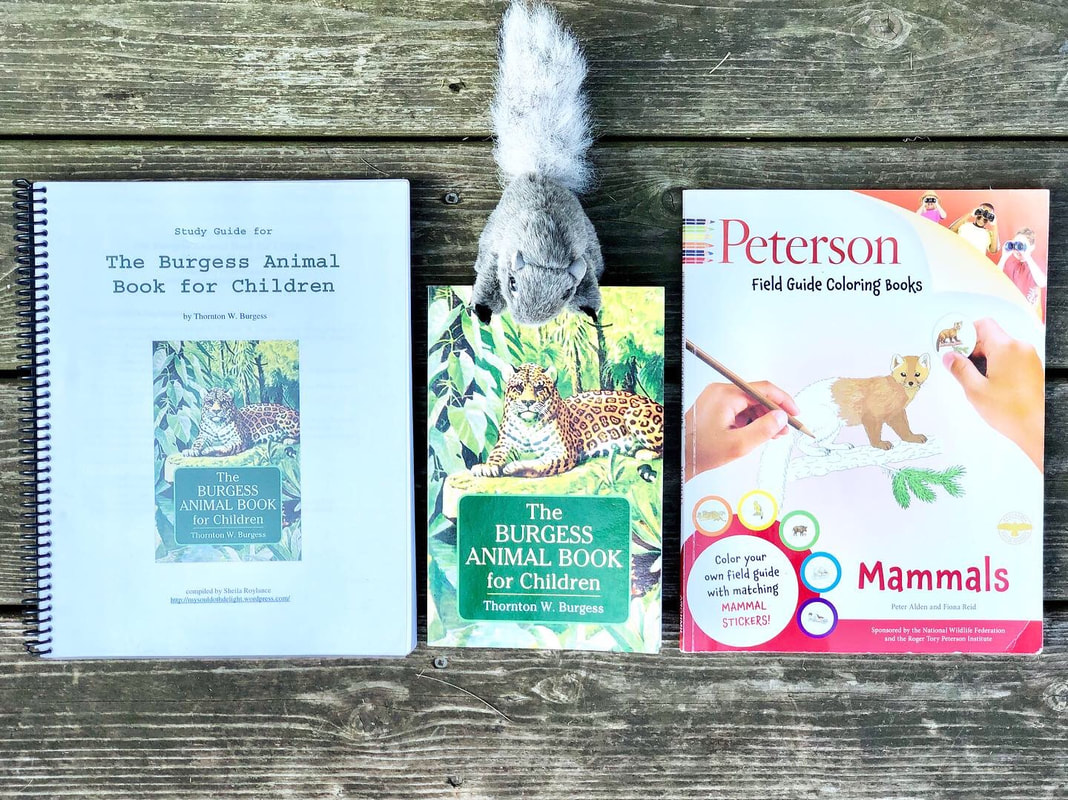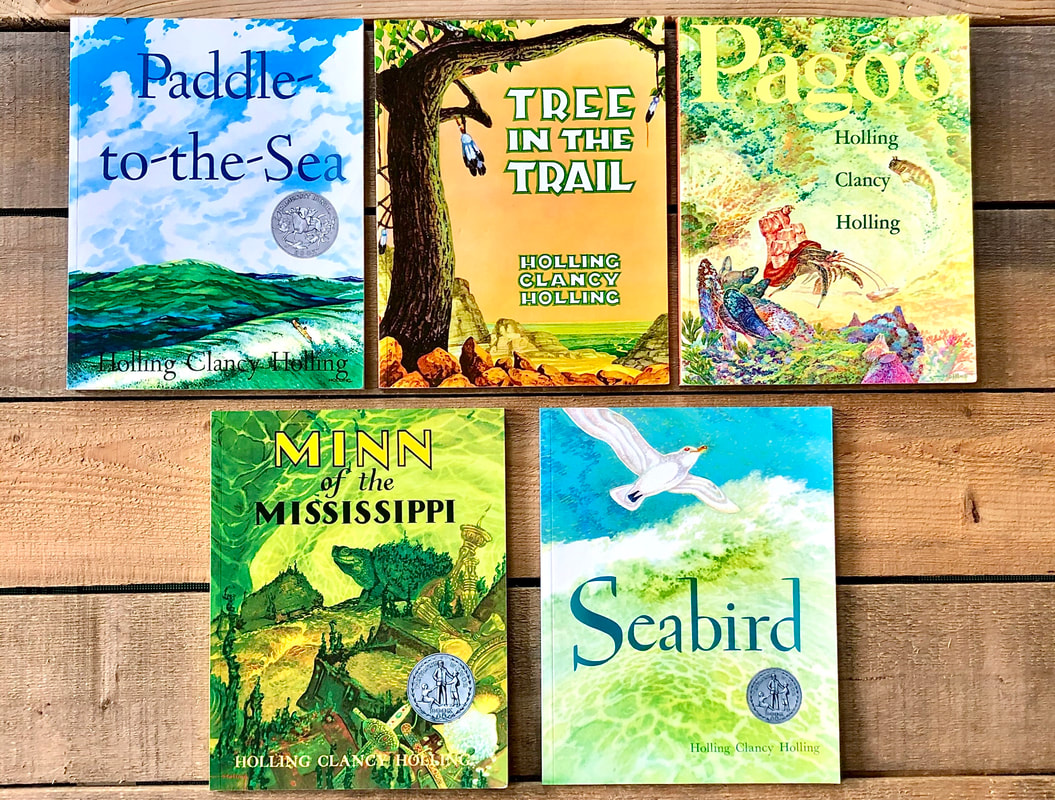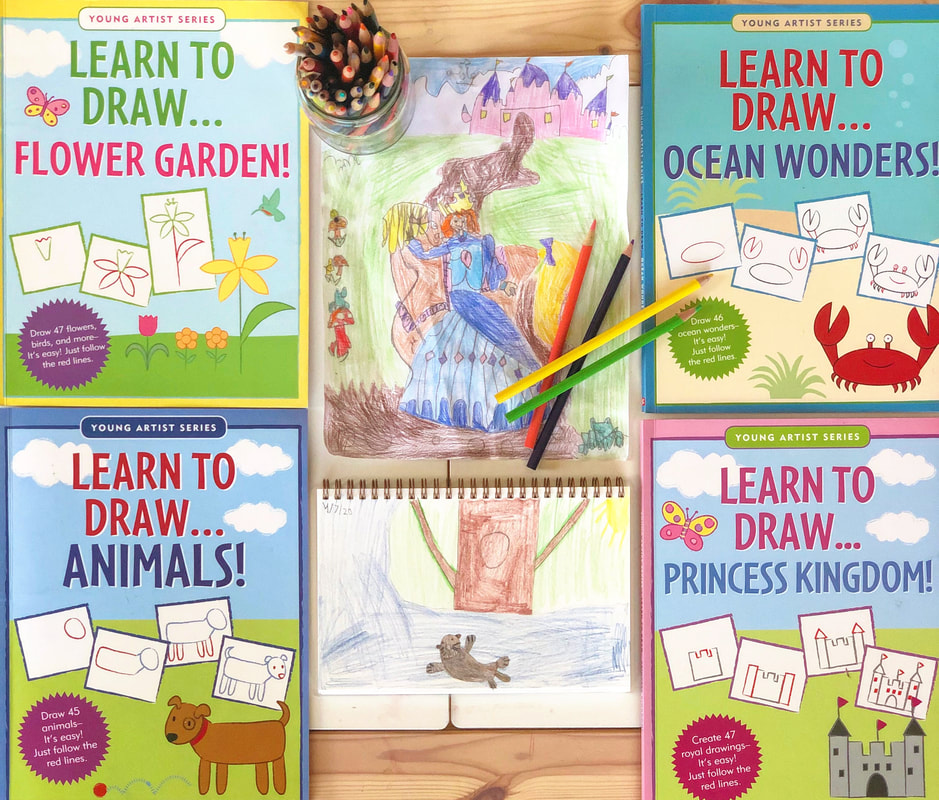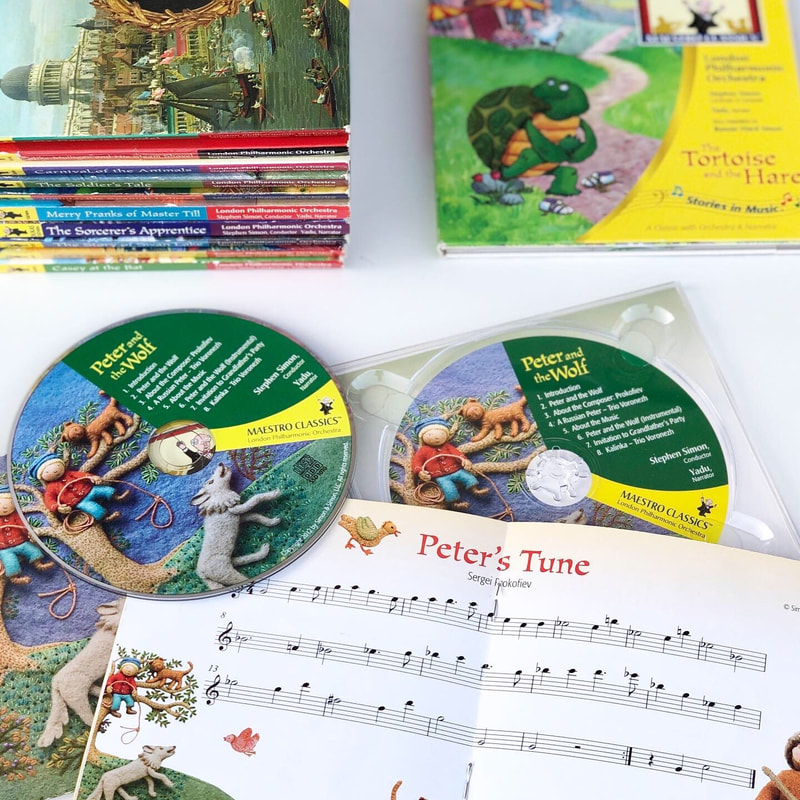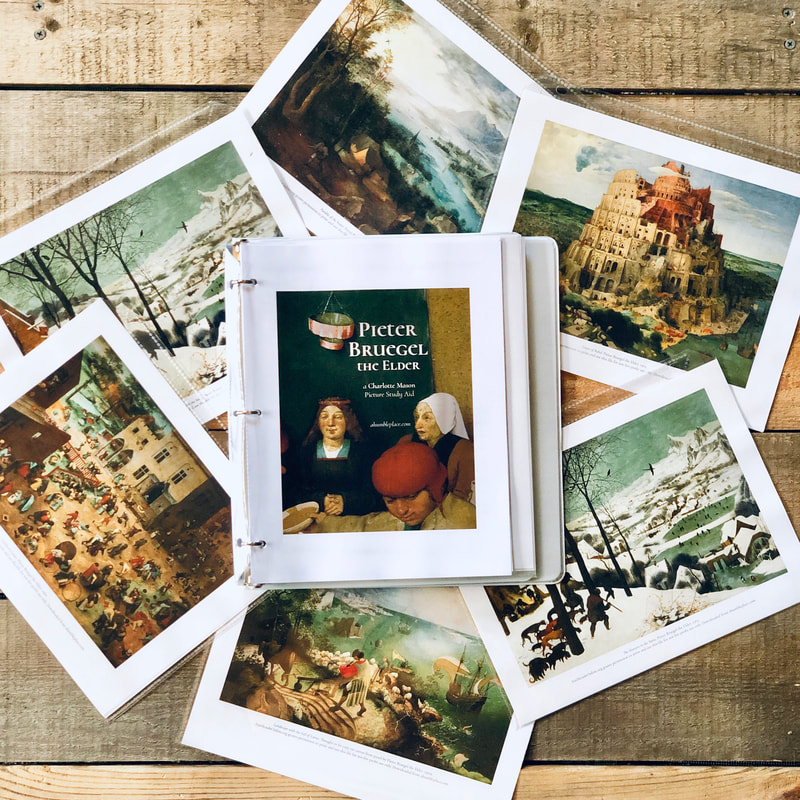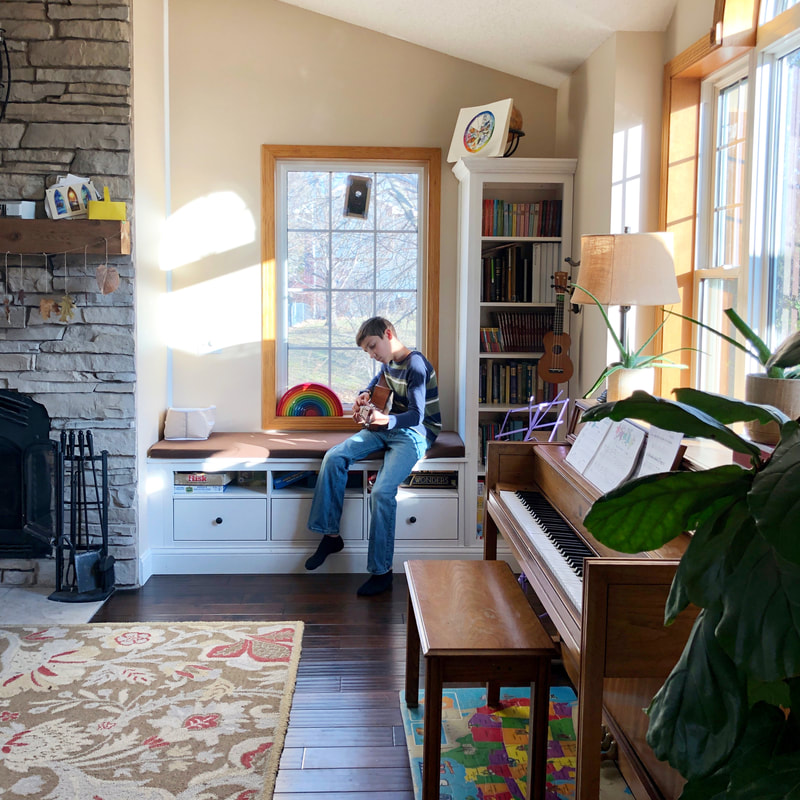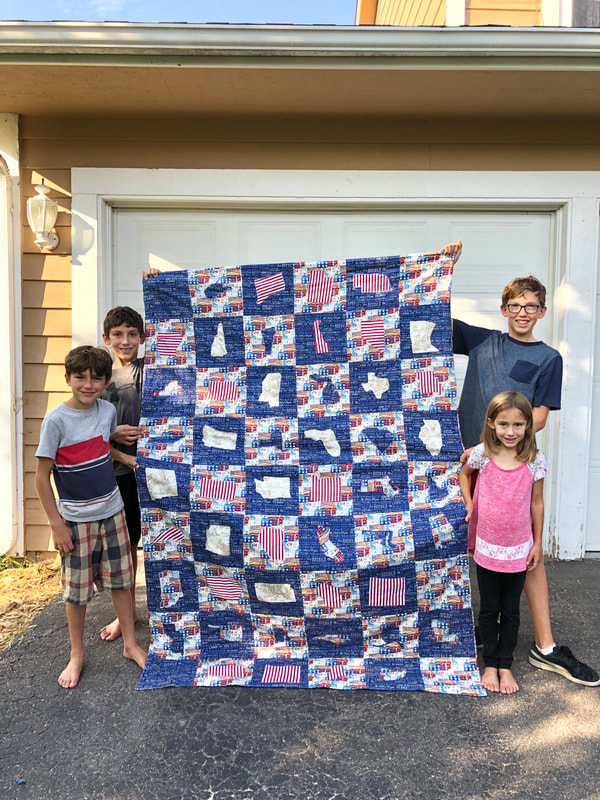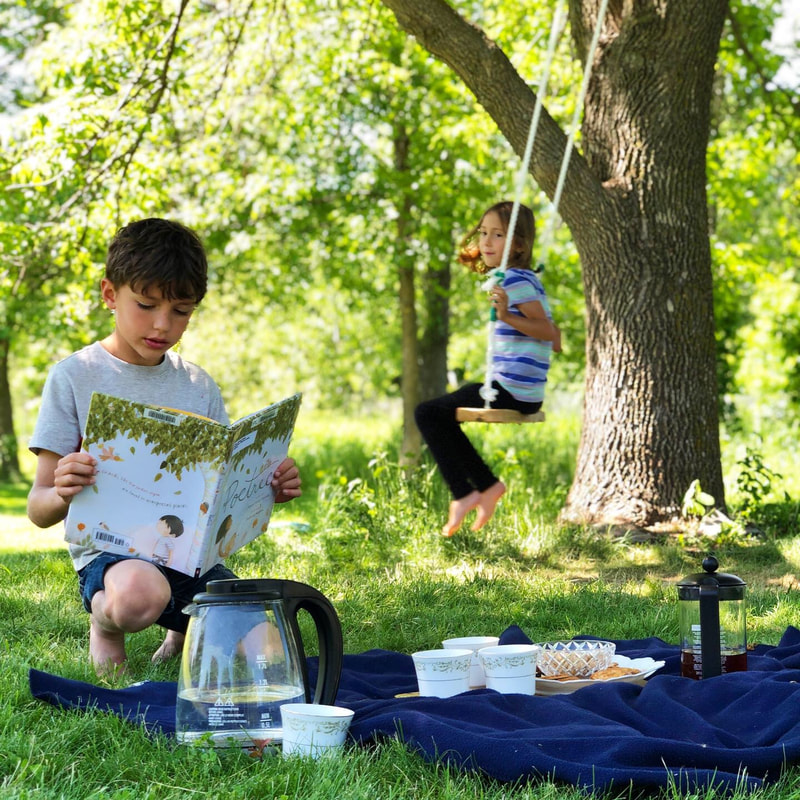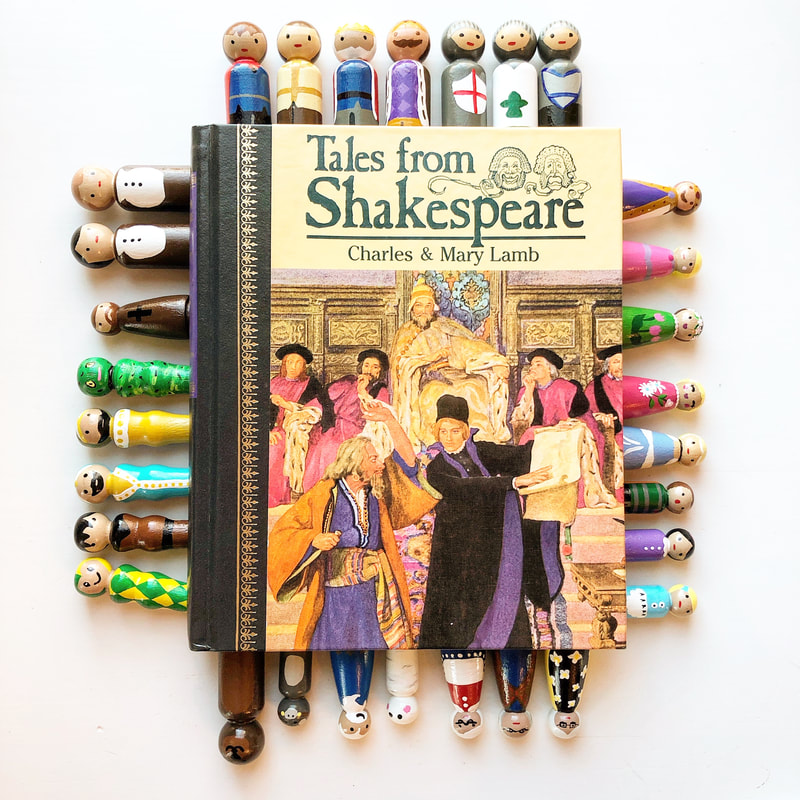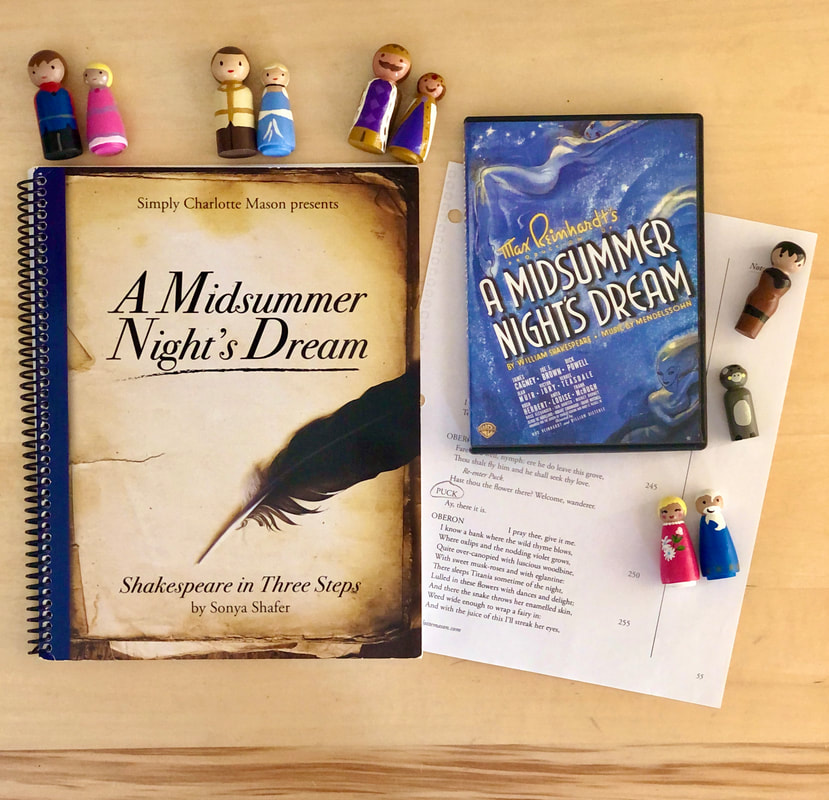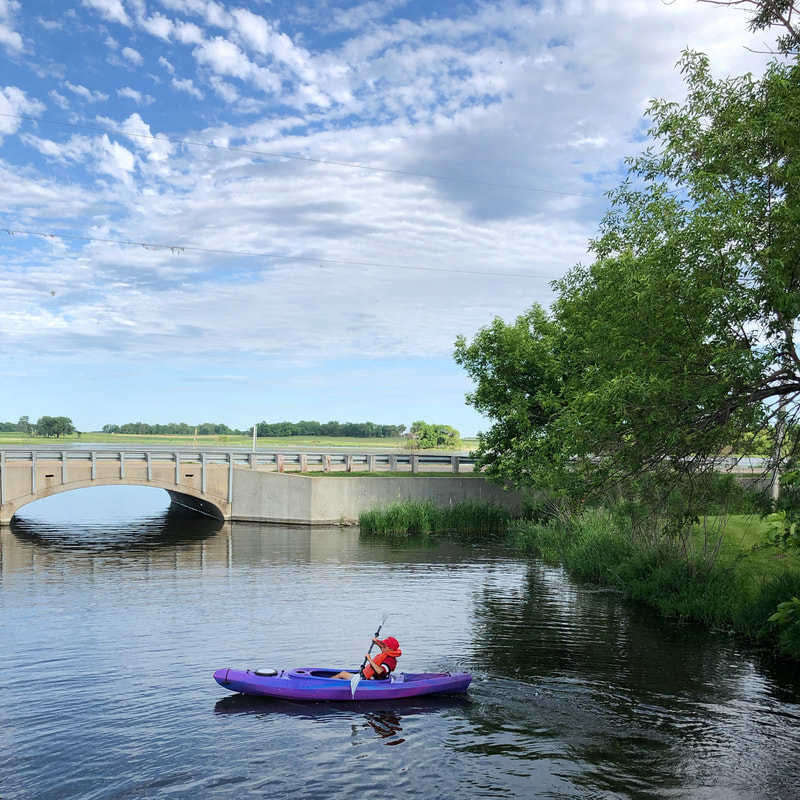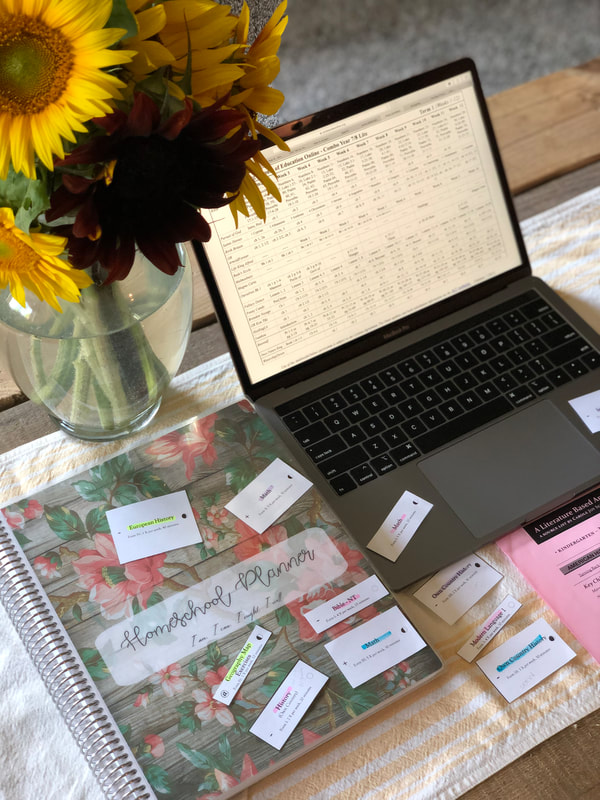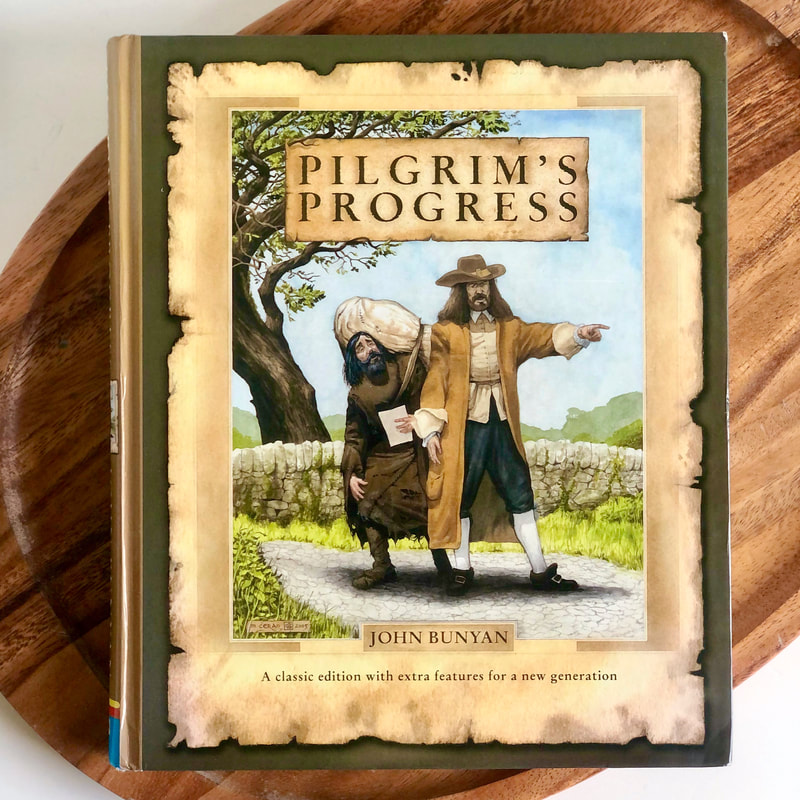What curriculum do I buy? How do I begin? Where do I begin? What schedule do I follow? These questions have been asked over and over the last few weeks of August as families around America are scrambling to figure out how to homeschool their children this fall. After spending hours with several families discussing and answering questions, I decided to put it in a blog so that maybe other families can receive some guidance of where to begin as well. We are entering our 5th year of homeschool this fall, and I still will not say that I have it all figured out. Every year I have learned something new, stretched myself, scratched lesson plans, and reflected on the season of life that we are currently living in. As YOU begin your homeschool, please know you WILL make mistakes, you most likely WILL switch curriculums, lesson plans, and schedules. That is normal. And that is ok. It is not a sign of failure. Another thing to bring to mind is that every state has their own requirements, so check your state requirements HERE, and then tackle one subject at a time. When new families ask me what we use for homeschooling, I hesitate to answer sometimes. We use AmblesideOnline (AO), a FREE Charlotte Mason curriculum that has been beautifully curated at the expenditure of thousands of volunteer hours from CM families that have graduated their children, and some continuing to homeschool their youngest children. We are in our 3rd year of AO and have learned to make it work in our home. No, we do not follow it 100%, nor do I know anyone who does. But it is where all of our lessons and ideas spring from and we have been so blessed by AO! So why do I hesitate to share that we use AO when I get asked about curriculum? Most new homeschooling families have not heard of Charlotte Mason, have not read a single homeschooling book, and have 1 0r 2 weeks to "get it all together." If you do not understand the CM principles and philosophy, AO will seem overwhelming and you might say I tried it and it wasn't for us. So what do I suggest? If you are new to homeschooling and only have a week or two to "get it all together" (you don't have to start school when your district starts by the way), here is what I DO suggest. First, I don't suggest any curriculums with online or DVD learning for the elementary years (K-6) because I strongly believe children need real human interaction, someone they can turn to with questions and have discussions, and their screen time needs to be limited. This does not mean there aren't any good online/DVD curriculums out there, it's just something that my family personally has chosen to stay away from. Now come Algebra, then I can understand needing a bit of online help. KINDERGARTEN And just a note on Kindergarten, can I give you permission to simply read good books and play outside? Trust me, that's all they need to do. They don't HAVE to learn how to read, write, or complete worksheets in kindergarten. Many countries around the world do not even begin formal education until age 6 or 7. So if you have a kindergartner, feel free to explore the great outdoors and fill their minds with fairytales and living books. If you MUST have a K curriculum, take a look at these two gentle approaches: A Humble Place A Year of Tales BIBLE As Christians, we cannot begin our school day without meeting with God first. Click HERE to read my detailed post on Bible Lessons in our Home and resources. MATH Starting with math, think about what your child has used in public school last year. Did it work? If so, you could continue with that curriculum. When we pulled our children from a charter school 4 years ago, they were using Saxon and doing quite well, so we continued with Saxon for 3 years. If your child's curriculum from school didn't work, here are a few to consider taking a look into:
LANGUAGE ARTS & LITERATURE After you've decided on math, think about what writing, reading, and grammar will look like in your home. If you have a 1st - 3rd grader, the only writing and grammar they really need to do is copywork. What is copywork? Copywork is spending 10-15 minutes each schoolday copying beautifully composed sentences. You can buy a copywork book, or you can simply have your student copy poetry, sentences from history, science, or literature books you are currently reading, or even verses from the Bible. Focus on encouraging them to do their best at handwriting, taking time to form letters neatly, and paying attention to the punctuation in each sentence. Your 1st grader might only be able to write 5 words neatly in 10 minutes, but that's ok! as long as they are doing their best. Moving into 3rd grade, it might be a long sentence, or 3. Each student is different, but the main focus is learning to write beautifully and neatly.
Simply Grammar: An Illustrated Primer (we will be gently using this one with my 10yo) Handwriting and Copywork (there are MANY options, here is just one) Logic of English (we did this one in the past, it is more of what you'd see in public schools) Fix It Grammar by IEW The Art of Narration (this is a book for YOU the teacher, not a student workbook, but a treasure in explaining how to do language arts 1st-12th grade) Keep in mind, there are so many curriculums out there, it would be overwhelming to list them all, therefore this is not an all inclusive list, nor will these be the BEST for YOUR homeschool. It's just a place to start.
But it isn't just reading living books, the most important part that comes after reading them is called Oral Narration. Asking your child what you read covers many different parts of learning. This is simply done by saying to your student, "Can you tell me what I just read?" The hardest and most important task for your child is recollecting all the information you/they just read. They are forming sentences, pulling out ideas, and relaying to you what THEY deem is the most important part of the reading that stuck out to them. At first they might just give you the last sentence of a reading. Or maybe a short sentence of the plot. But with time (we are talking 6-12 weeks) they will be able to remember more as they practice holding their attention while you/they read. They will begin to use the voice of the author and vocabulary words that will amaze you. And as they grow, those oral sentences will turn into written sentences, setting them up for beautiful writing when they enter the middle school years. If you are reading to multiple grades/ages, have them take turns narrating, and allow their siblings to add to the narration once they are finished. Oral narration takes place of worksheets, aka busywork, and allows you to have discussions with your children about living ideas. Don't overlook this precious time with your children.
You can do a weekly nature study, start a nature journal, or you can simply just enjoy God's beauty before you. Let them climb trees, splash in puddles, bike and rollerblade in the neighborhood, build forts, start a garden, and simply just get messy in nature. If you'd like a nature curriculum, one that comes to mind is Exploring Nature with Children. We simply use field guides and Anna Comstock's Handbook of Nature Study. But don't let that intimidate you. Just get outside! HISTORY Okay, math check, language arts check, outside check. You've done this for 6 weeks or so and it's going smoothly. Now we can talk about History, Science, and Geography. History is a subject you can teach to all of your children at the same time, especially in the elementary grades. What I like to do is start with a history "spine" and also choose a living biography. Start with teaching history 2 x week, one day with the spine, the other reading through a biography. Read a chapter or 2-3 pages, whichever will hold their attention, and Narrate! Ask them to tell you what they have learned, or have them draw a picture and talk about what they drew, and if they are in 4-6th grades they could write about it instead, which we call a written narration. Pull out a map and locate places from history. No worksheets or tests needed! Just read, discuss, and narrate through oral, written, or art. Here are some history spine options you can look at (choose ONE to start with):
SCIENCE So another few weeks go by and you're feeling pretty confident in doing Bible, math, language arts, outdoor time, and history. Let's talk science. We take a living books approach for science during the elementary years. We don't do exepriments (not that YOU can't), but instead focus on books, biographies, and nature study! Science can also be done once or twice a week and as a family. We read a chapter or section of a science book and again Narrate - either through oral, written, or drawing. Studying nature is the best way to learn about science during the elementary years and beyond, so once a week we focus on learning from nature and journal our findings in a nature journal. Some wonderful science books to start with, that will take you a full school year to complete are
GEOGRAPHY I love geography and there are so many wonderful options! We focus on geography once a week, but honestly we are pulling the maps out almost everyday to locate our history and literature readings. Map making is another wonderful way to teach children about geography. And don't limit this to maps. Teach them directions, how to use a compass, teach them about lakes, rivers, and mountains too. Choose one of these as a place to start:
ARTS, MUSIC, POETRY, HANDICRAFTS, and SHAKESPEARE Now let's get to what we call The Riches. These here are the other lessons that can easily be overlooked, but are oh, so important to a child's soul! We don't know what calling our children will have in life, and for them to miss out on these beautiful subjects can really be a disservice to our children that are called to the arts of life. God Himself is full of art, music, and intricate creation, and if we are to know more about Him, more about how He designed us to be and why he created passion and emotion in our souls, we should give our children instruction in the beauty of these things. One example is King David who wrote poetry and played the harp, and we know he was a man after God's own heart. And when he had removed him, he raised up David to be their king, of whom he testified and said, ‘I have found in David the son of Jesse a man after my heart, who will do all my will.’ Acts 13:22 So once a week, and more if desired, bring these into your homeschool, one at a time, until maybe over 2-3 years you are able to have them all apart of a weekly feast. Don't make the mistake of trying to do these all at once if you are new to homeschooling. You are first learning more about your child, their learning abilities, and figuring out how to balance home life, and maybe work life. So when you are ready, check out my favorite resources. ART/PICTURE STUDY A Humble Place (a lot of FREE studies!) Simply Charlotte Mason Picture Study Portfolios DRAWING Young Artist Series Draw, Write, Now in Print and Cursive (this is drawing and handwriting combined) COMPOSER STUDY Maestro Classics CDs (just hit play and let them teach your students!) Opal Wheeler Books Classics for Kids Podcast ... or you can simply choose a composer, study him/her for 12 weeks and play the compositions from YouTube MUSIC LESSONS This is probably a personal, family decision, but we believe all children should learn a musical instrument. Piano is a great place to start, and there are even options for FREE online lessons at Hoffman Academy. POETRY A Child's Garden Verse Poetry for Young People Series A. A. Milne Poetry books HANDICRAFTS Rooted Childhood ...or choose a handicraft and find ideas on Pinterest! Work on it for 12 or more weeks such as sewing buttons, embroidery, pressings flowers, making bookmarks, knitting, woodcarving, paper sloyd, soap carving, quilting, the list is endless! Don't overlook basic daily home keeping things as well such as cooking, gardening, learning to do laundry, and so on. SHAKESPEARE We read Shakespeare once a week, two plays per term (a retelling) with the younger students, one play per term (real Shakespeare) with the older students. If your students are not familiar with Shakespeare, and they are older, start with the retellings first. We love watching a family friendly performance after we read the play! Lamb's Shakespeare Simply Charlotte Mason's Shakespeare Collection RECITATION Recitation is another lesson that frequently gets overlooked. I have written about it extensively HERE and HERE. One option for a recitation resource is in my SHOP. FOREIGN LANGUAGE Learning a foreign language is another important lesson to be started in your homeschool. We are living in a world where we meet people almost every day that speak different languages, and to be bilingual is a huge advantage in the workplace. If you already come from a background that speaks another language than English, choose that one to teach your children. We come from a Russian speaking background, so I try to teach my children Russian so that they can speak and understand their grandparents. If English is your only language, choose a language that is prevalent in your country, or bordering country. Living in America, learning Spanish can be very valuable, or maybe French if you travel to French speaking areas of Canada often. Here are a few great resources for learning a foreign language: Cherrydale Press Mason's Living Languages Duolingo App CURRICULUMS Want a curriculum that covers it all, comes in a box, and you don't want to piece it together (minus math and maybe language arts)? They usually come with a price tag, but maybe you need it for peace of mind. Here are some options worth a look at: Sonlight My Father's World A Gentle Feast Simply Charlotte Mason Alveary FIELD TRIPS We love to explore the world also through field trips. So visits to art museums, theaters, live orchestra performances, nature centers, arboretums, science museums, and national parks add to our days and create life-long memories as a family. FAMILY READ-ALOUDS
And last but not LEAST, make time for family read-alouds! Choose a book that your family will enjoy and read 1 chapter every day, either during morning time, or bedtime, but do not skip this! Head over to Read Aloud Revival to learn more about the importance of family read-alouds. SCHEDULES Some of you might still be wondering how do you do it all, especially with multiple children. And some of you have asked for a sample schedule. Personally, A Delectable Education Scheduling Cards have been life changing for me, but if you are not doing all the subjects yet, they might be a tad overwhelming. So here is ONE out of MANY ways you can follow a schedule. You do not need to spend 30min on each of these lessons, 20min lessons are enough and you can have time to switch gears, change a diaper, or grab a snack. Monday: 9:00 Bible Lessons 9:30 History (spine) 10:00 Math with 1 child/Language Arts with another 10:30 switch above 11:00 Geography 11:30 Literature (Read-Aloud or Independent) 12:00 Lunch with Poetry Reading and Outdoor Play Tuesday 9:00 Bible Lessons/Hymn 9:30 Science (spine) 10:00 Math with 1 child/Language Arts with another 10:30 switch above 11:00 Drawing or Art/Picture Study 11:30 Foreign Language 12:00 Lunch with Poetry Reading and Outdoor Play Wednesday 9:00 Bible Lessons/Hymn 9:30 History (biography) 10:00 Math with 1 child/Language Arts with another 10:30 switch above 11:00 Composer Study 11:30 Shakespeare Reading 12:00 Lunch with Poetry Reading and Outdoor Play Thursday 9:00 Bible Lessons/Hymn 9:30 Science (Nature Study) 10:00 Math with 1 child/Language Arts with another 10:30 switch above 11:00 Handicrafts 11:30 Foreign Language 12:00 Lunch with Poetry Reading and Outdoor Play Friday 9:00 Bible Lessons/Hymn Field Trips and Nature Walks or you can have another school day Everyday practice a musical instrument read 30 min for pleasure (or listen to an audio book) work on your handicraft If you have more than two school aged children (I have 4!) you will have to plan for more time to spend on math and language arts, but you will get into a rhythm, and you'll find that maybe you're only explaining math for 15min and the rest they are doing independently, freeing up your time to do math with another student sooner. Our schedule looks different because I have a student in 9th, 7th, 4th, and 3rd grade, plus a toddler! And we do all the riches because we have been homeschooling for 4 years now. Don't worry if all you get done is math and language arts because your baby is having a hard day, or maybe you're not feeling well. Go outside for the rest of the day and just enjoy nature! PODCASTS Last but not least, I wanted to share a couple favorite podcast I've come to love that have blessed me and helped me homeschool immensely! A Delectable Education - hands down my all time favorite! Start with Episode 1 and move forward. Your Morning Basket Read Aloud Revival Charlotte Mason Poetry There is probably a lot more I could write and share about, but I think all things here are probably more than enough to get you started. I'd love to help you or answer questions as you begin your new journey. So don't be shy to drop a comment below and start the conversation. Have a middle or high school student and don't know where to start? Let me know and I can do a specific post how to begin homeschooling with an older student. Most importantly, trust Him! If He called you to this journey, He will equip you! No it will not be easy, and tears will be shed, but He will walk this journey with you and your children. You will not fail them, but you will grow with them. Blessings to your journey mama!
7 Comments
|
